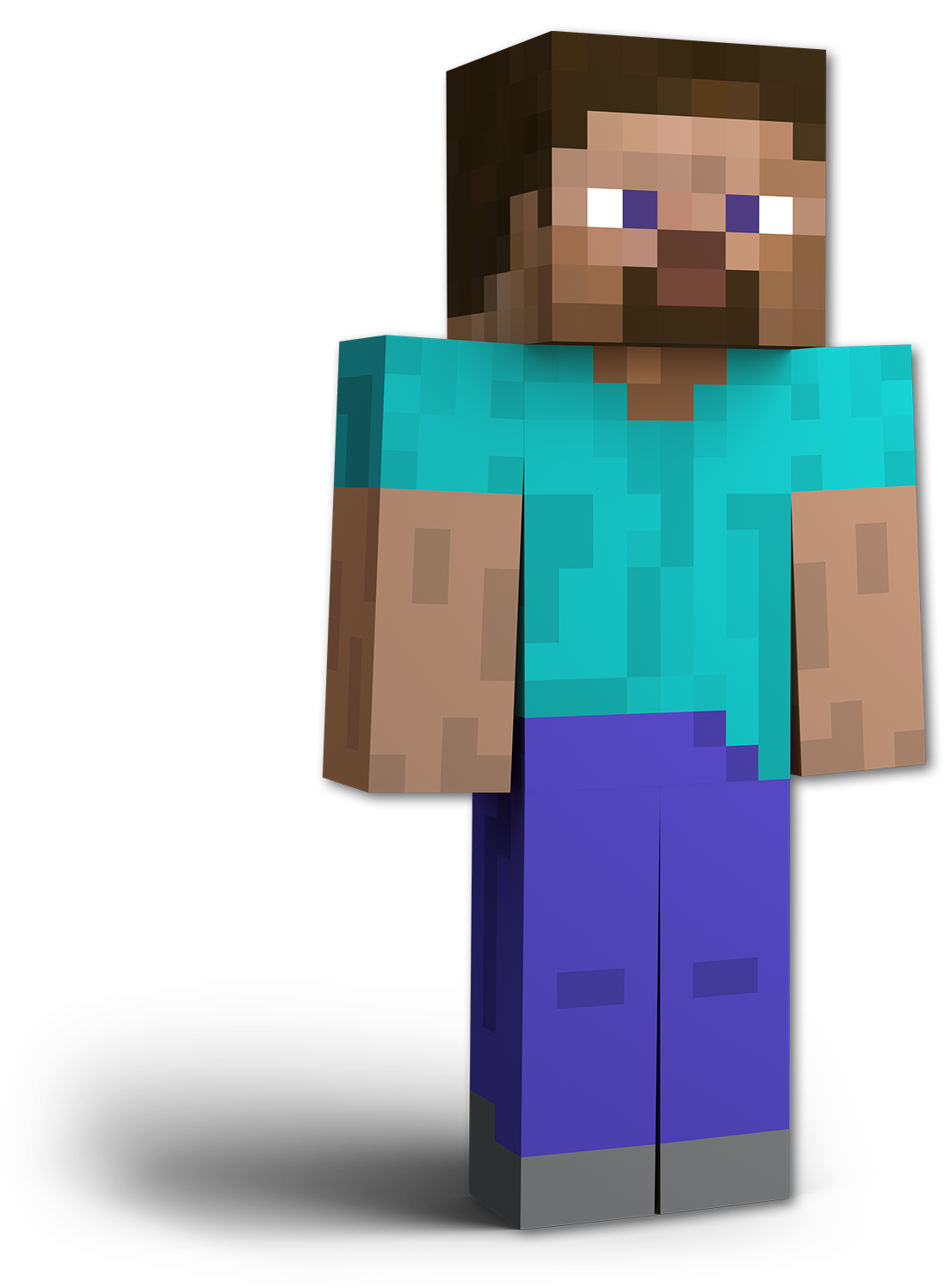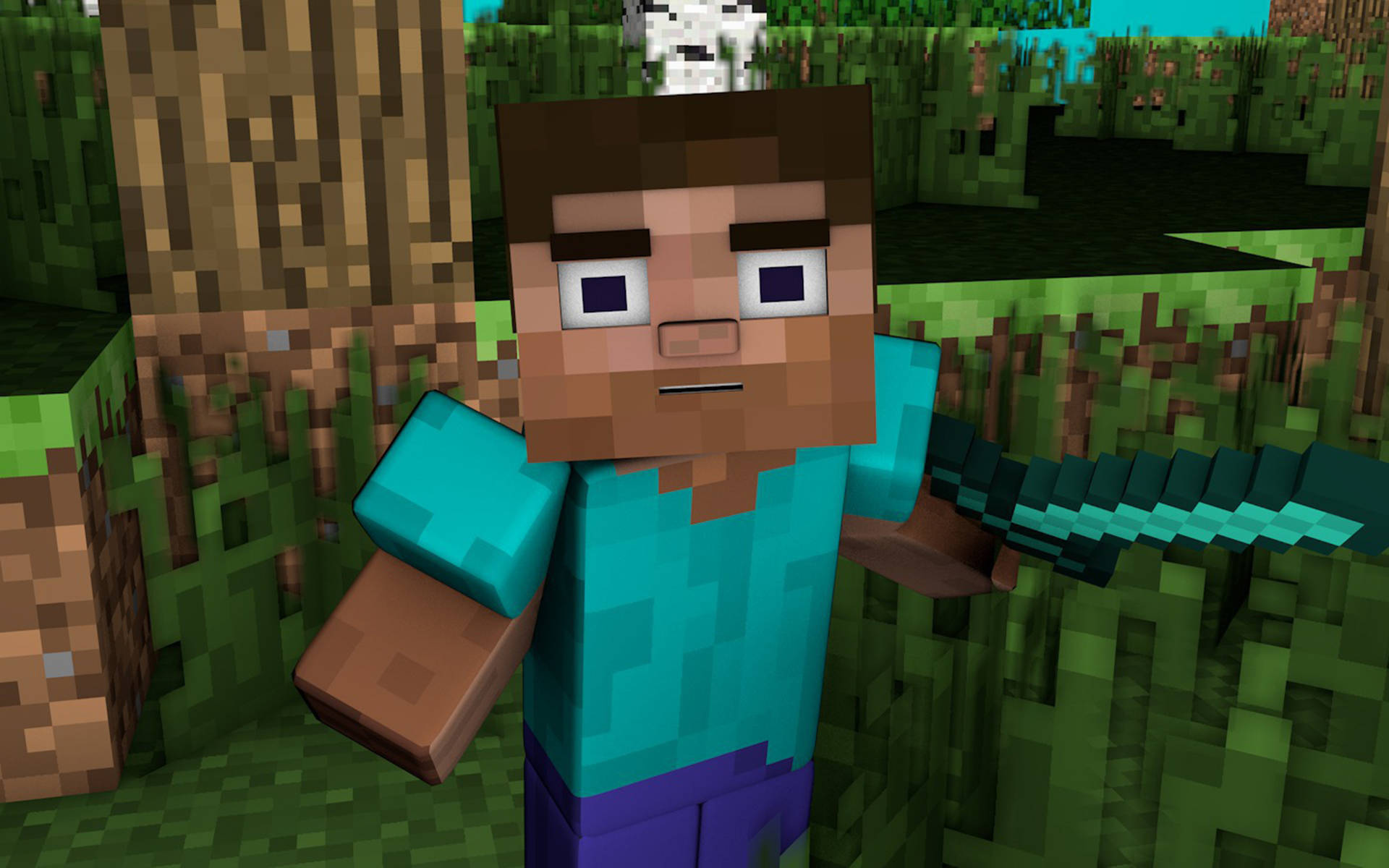Have you ever wondered about the beginnings of an actor whose face you just know, even if you can't quite place the name right away? So, too it's almost like a puzzle, trying to piece together how someone becomes such a recognizable presence on screen. For many, that person is Steve Buscemi, a performer with a truly distinctive look and a way of speaking that just grabs your attention.
His career spans decades, filled with memorable characters in films from independent gems to big studio productions. You might know him from his intense roles, his comedic timing, or perhaps even his work behind the camera. But what about when Steve Buscemi was young, just starting out in the world of acting? That's a story with some fascinating twists, you know.
We're going to take a close look at his early life, his first steps into the acting business, and those initial roles that helped shape the performer we recognize today. It's a journey that shows a lot about persistence and finding your own unique spot in a crowded field, honestly.
- How Old Is Mariah Lynn
- Adin Ross Networth
- Bandi Love Age
- Justin Theroux Net Worth
- Talulah Riley Net Worth
Table of Contents
- Personal Details: Steve Buscemi
- Early Life and Beginnings
- First Steps into Film
- Developing His Unique Presence
- Breakthrough Moments and Wider Recognition
- Stepping Behind the Camera: Early Directorial Work
- The Enduring Appeal of Young Steve Buscemi
- People Also Ask About Steve Buscemi Young
Personal Details: Steve Buscemi
| Category | Information |
|---|---|
| Full Name | Steven Vincent Buscemi |
| Date of Birth | December 13, 1957 |
| Birthplace | Brooklyn, New York, USA |
| Occupation | Actor, Director, Writer |
| Years Active | 1985–present |
| Notable Early Roles | Mr. Pink (Reservoir Dogs), Carl Showalter (Fargo), Donny Kerabatsos (The Big Lebowski) |
Early Life and Beginnings
Steve Buscemi grew up in Brooklyn, New York, a place with a certain kind of energy that, in a way, seems to fit his later acting style. He came from a family with a strong working-class background. His father worked as a sanitation worker, and his mother had a job at a hotel. This upbringing perhaps gave him a down-to-earth quality, which you can often sense in his performances, you know.
Before he even thought about acting full-time, Buscemi had a very different kind of job. For four years, he served as a firefighter with Engine Company 55 in Little Italy, Manhattan. This was a serious, demanding role, and it's something he has spoken about with great respect. He was part of the crew during the tragic events of 9/11, returning to help his former company. This experience, arguably, shaped his outlook on life quite a bit.
Even while working as a firefighter, a spark for performing was there. He had an interest in comedy and would try his hand at stand-up. This was a way for him to explore different characters and get comfortable being in front of people. It's really interesting to think about him doing stand-up, considering the intense characters he often plays now, you see.
- Bruno Mars Net Worth 2025
- Hurricane Chris Net Worth
- Cher Net Worth 2024
- Jennifer Carpenter Net Worth
- Antonio Valencia Footballer
His passion for acting eventually led him to study at the Lee Strasberg Theatre and Film Institute. This was a serious step towards a professional acting career. He started performing in plays and experimental theater in New York City. This early stage work gave him a foundation, allowing him to try out different acting approaches and learn the craft, as a matter of fact.
He was part of a vibrant downtown theater scene, often collaborating with other aspiring actors and filmmakers. This environment was a real breeding ground for new talent, and it's where many independent film careers got their start. It was a time of creative freedom, where people were just making art because they loved it, you know.
First Steps into Film
The 1980s in New York City was a very exciting time for independent film. There was a real energy, with filmmakers making movies on tight budgets, often with their friends. This was the perfect place for someone like Steve Buscemi to begin his film career. He fit right into this raw, honest style of filmmaking, which, frankly, was all about character.
His very first film appearance was in a movie called *The Way It Is* in 1986. It was a low-budget independent feature, a bit experimental, but it gave him a chance to get some screen time. This was, in a way, his true start in movies, showing up in a small but noticeable role, you know.
Later in 1986, he appeared in *Parting Glances*, a significant independent film that gained attention for its honest portrayal of AIDS during that period. His role was small, but it was another step. These early projects, typically, didn't pay much, but they were about getting experience and making connections in the industry, that is.
He continued to appear in various independent films throughout the late 1980s. Movies like *Kiss Daddy Goodnight* (1987), *Heart* (1987), and *Vampire's Kiss* (1988) gave him more opportunities. In *Vampire's Kiss*, he had a very brief but memorable scene with Nicolas Cage, which, apparently, people still talk about sometimes.
A more notable early role came in Jim Jarmusch's 1989 film *Mystery Train*. This movie was a collection of three stories, and Buscemi was in one of them. Jarmusch was a key figure in independent cinema, and working with him gave Buscemi more visibility. It was a chance to work with a director who valued unique performances, and that, in some respects, really suited him.
These initial roles, while not making him a household name right away, were absolutely crucial. They allowed him to refine his acting skills on screen and show what he could do. He was building a reputation as a reliable and interesting character actor, someone who could bring something special to even a small part, and that's really important for a career, you know.
Developing His Unique Presence
Even when Steve Buscemi was young, he had a very distinct look and a particular way of delivering lines. His eyes, often described as expressive, and his somewhat nervous energy made him stand out. He wasn't the typical leading man, and that, in a way, worked to his advantage, as a matter of fact.
He started to play characters that often felt a bit off-kilter, or perhaps just a little bit anxious. These were the roles where he could really shine, bringing a kind of raw honesty to people who were often on the fringes. He could make you feel for them, even if they were doing questionable things, which is quite a skill.
His early roles helped him develop this unique presence. He wasn't trying to fit a mold; instead, he was creating his own. This willingness to be different, to embrace his specific qualities, helped him become truly memorable. It's almost like he knew what he was good at, and he just leaned into it, you know.
This period was about discovering his acting voice. He learned how to use his physical presence and his vocal delivery to create characters that stuck with you. Whether he was playing someone slightly pathetic or intensely dangerous, there was always a sense of vulnerability underneath, which, in fact, made him compelling to watch.
Breakthrough Moments and Wider Recognition
The early 1990s brought Steve Buscemi some of his most recognized roles, really. These were the parts that started to get him noticed by a much wider audience and solidified his place in Hollywood. He was no longer just an indie film secret; he was becoming a face people recognized, you know.
One key role came in Abel Ferrara's 1990 film *King of New York*. He played Test Tube, a drug dealer with a very distinctive look. This role showed his ability to play darker, more intense characters, and he held his own alongside Christopher Walken. It was a powerful performance that, quite frankly, left an impression.
His collaborations with the Coen Brothers began around this time, and these films would become some of his most iconic. He appeared in *Miller's Crossing* (1990), a gangster film where he played Mink, a small but memorable part. Then came *Barton Fink* (1991), where he played Chet, a hotel bellhop. These roles, you know, were quirky and fit his style perfectly.
But it was Quentin Tarantino's *Reservoir Dogs* in 1992 that truly made Steve Buscemi a breakout star. He played Mr. Pink, a fast-talking, cynical criminal who famously refused to tip. His long monologue about tipping became one of the film's most quoted scenes. This role, obviously, showed his ability to deliver sharp dialogue with a unique rhythm, and it put him on the map for many people.
After *Reservoir Dogs*, his career really picked up speed. He appeared in other films like *In the Soup* (1992), a charming independent comedy, and *CrissCross* (1992). He also had a role in *Twenty Bucks* (1993). These were busy years for him, as he was constantly working, building up an impressive body of work, and that's something to think about, really.
His performances during this period were often characterized by a nervous energy, a rapid-fire delivery, and a knack for playing characters who were either slightly unhinged or just trying to get by. He had a way of making even the most unlikable characters oddly sympathetic, or at least fascinating to watch, in a way.
Stepping Behind the Camera: Early Directorial Work
While he was gaining fame as an actor, Steve Buscemi also had an interest in telling stories from a different perspective. He wanted to direct. This desire to create his own projects showed a deeper artistic ambition than just acting in other people's films, you know.
His first venture into directing was a short film called *What Happened to Pete* in 1993. This was a chance for him to learn the ropes of filmmaking from the director's chair. It's common for actors to try directing, and this was his first proper attempt, which, frankly, takes a lot of courage.
His feature directorial debut came with *Trees Lounge* in 1996. He also wrote the screenplay and starred in the film. This movie was a very personal project for him, drawing on his experiences growing up in Long Island. It's a quiet, character-driven story about a man who spends most of his time at a local bar, and it has a very specific kind of sadness to it, in some respects.
*Trees Lounge* allowed Buscemi to explore themes of aimlessness and the struggles of everyday people. It showed that he had a distinct voice as a filmmaker, not just as an actor. The film, typically, received good reviews for its honest portrayal of its characters and setting. It was a clear sign that he was more than just a performer; he was a storyteller, too, it's almost.
This early directing work gave audiences a look into his creative mind. It showed his ability to create a mood, to build a world, and to guide other actors. It was a different kind of challenge for him, and one he seemed to embrace. It's pretty cool to see someone excel in different parts of the same industry, you know.
The Enduring Appeal of Young Steve Buscemi
People are still very interested in Steve Buscemi when he was young, and for good reason. His early work laid the foundation for the versatile and beloved actor he is today. Those initial roles, whether small or significant, showed glimpses of the unique talent that would make him a Hollywood staple, you know.
His performances from that time have a raw, unfiltered quality. They capture a moment in independent cinema history, where creativity often trumped big budgets. Watching him in these films gives you a sense of an artist finding his voice, trying different things, and just getting started. It's a bit like watching a band before they hit it big, honestly.
The characters he played when he was young, often the quirky, intense, or slightly unsettling types, became his signature. He perfected this persona, which allowed him to stand out in a sea of actors. His ability to make these complex characters feel real, even when they were doing strange things, is what made him so compelling, and that's truly a gift.
His consistency as a performer, from his earliest appearances to his most recent work, is also a reason for this enduring interest. He brings a certain level of commitment to every role, no matter how big or small. This dedication was evident even when Steve Buscemi was young, and it's something that fans appreciate, as a matter of fact.
His journey from a New York City firefighter to a celebrated actor and director is quite inspiring. It shows that sometimes, the most interesting paths are not the most obvious ones. His early career is a testament to perseverance and the power of having a truly unique presence in the world of entertainment, you know. Learn more about Steve Buscemi's career on our site, and link to this page for more film history.
Related Resources:



Detail Author:
- Name : Althea Runolfsdottir
- Username : jayne76
- Email : braynor@hotmail.com
- Birthdate : 1979-06-02
- Address : 541 Goodwin Center South Mckenzieberg, GA 19342-8841
- Phone : 1-986-634-2101
- Company : Pollich Group
- Job : Optometrist
- Bio : In et aspernatur et ut. Cupiditate voluptas optio quis esse quasi dolores. Ipsa rem labore ipsum distinctio ipsum voluptas ea debitis.
Socials
facebook:
- url : https://facebook.com/emante
- username : emante
- bio : Doloremque ut dolor distinctio.
- followers : 6149
- following : 1085
tiktok:
- url : https://tiktok.com/@emante
- username : emante
- bio : Consequatur architecto ipsum minus ducimus. Qui quia ipsum ut autem culpa.
- followers : 4585
- following : 1657
linkedin:
- url : https://linkedin.com/in/edwina_mante
- username : edwina_mante
- bio : Odio in tenetur est consequatur voluptatem.
- followers : 2677
- following : 1365
instagram:
- url : https://instagram.com/mante1983
- username : mante1983
- bio : Laborum debitis sint qui debitis. Autem voluptas doloribus ex occaecati. Voluptate qui qui facilis.
- followers : 1782
- following : 2982
twitter:
- url : https://twitter.com/mante2011
- username : mante2011
- bio : Minus et possimus culpa provident. Iste enim alias perspiciatis rem laudantium. Sapiente ipsa est occaecati.
- followers : 5354
- following : 230